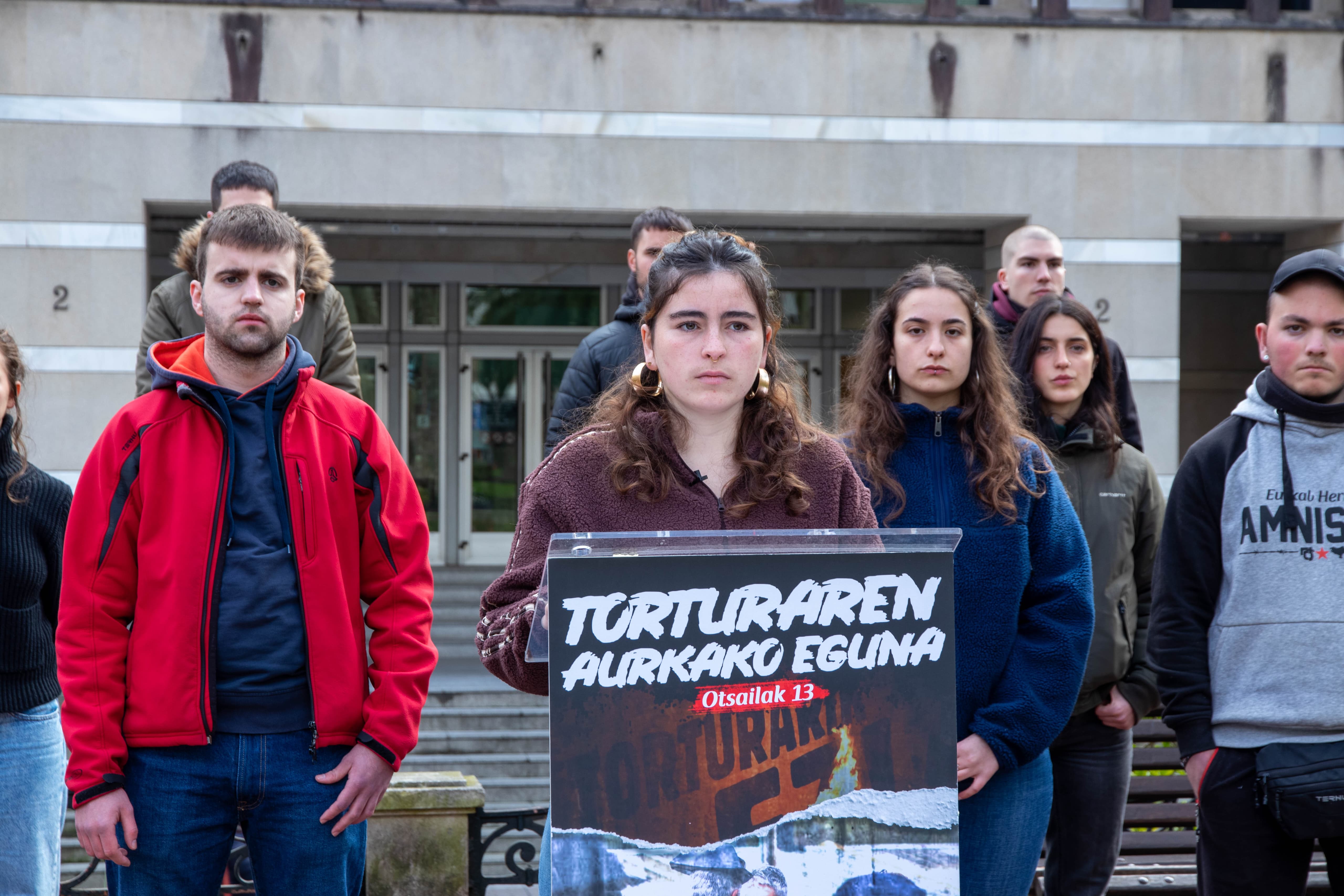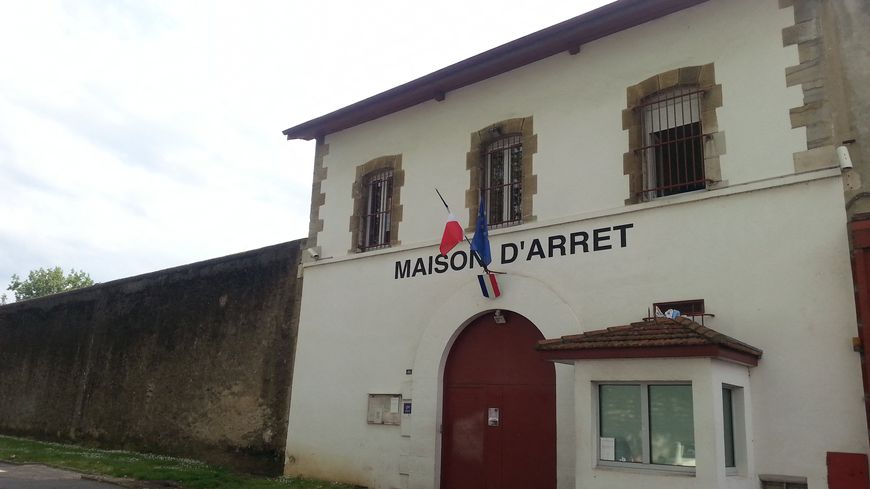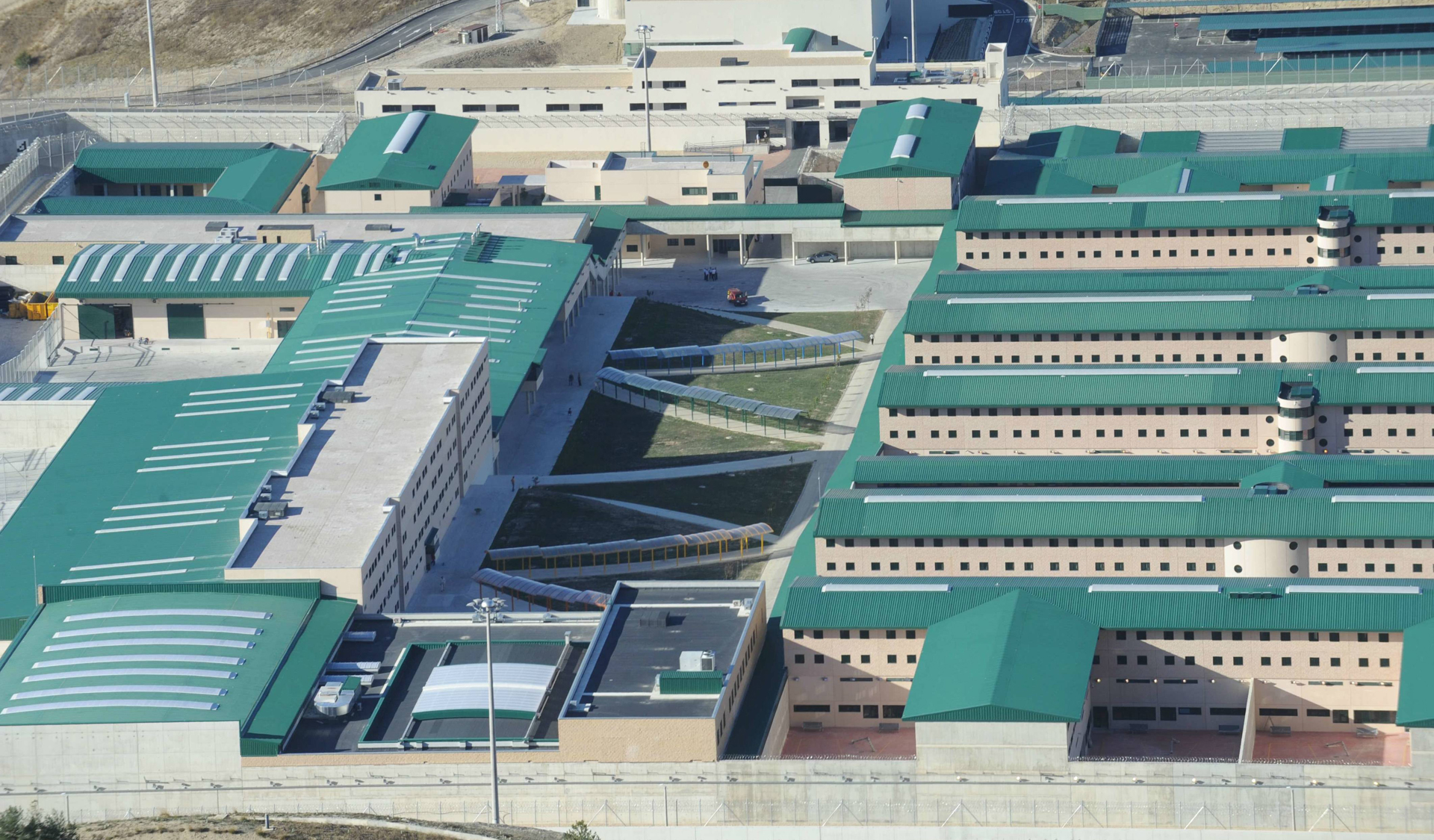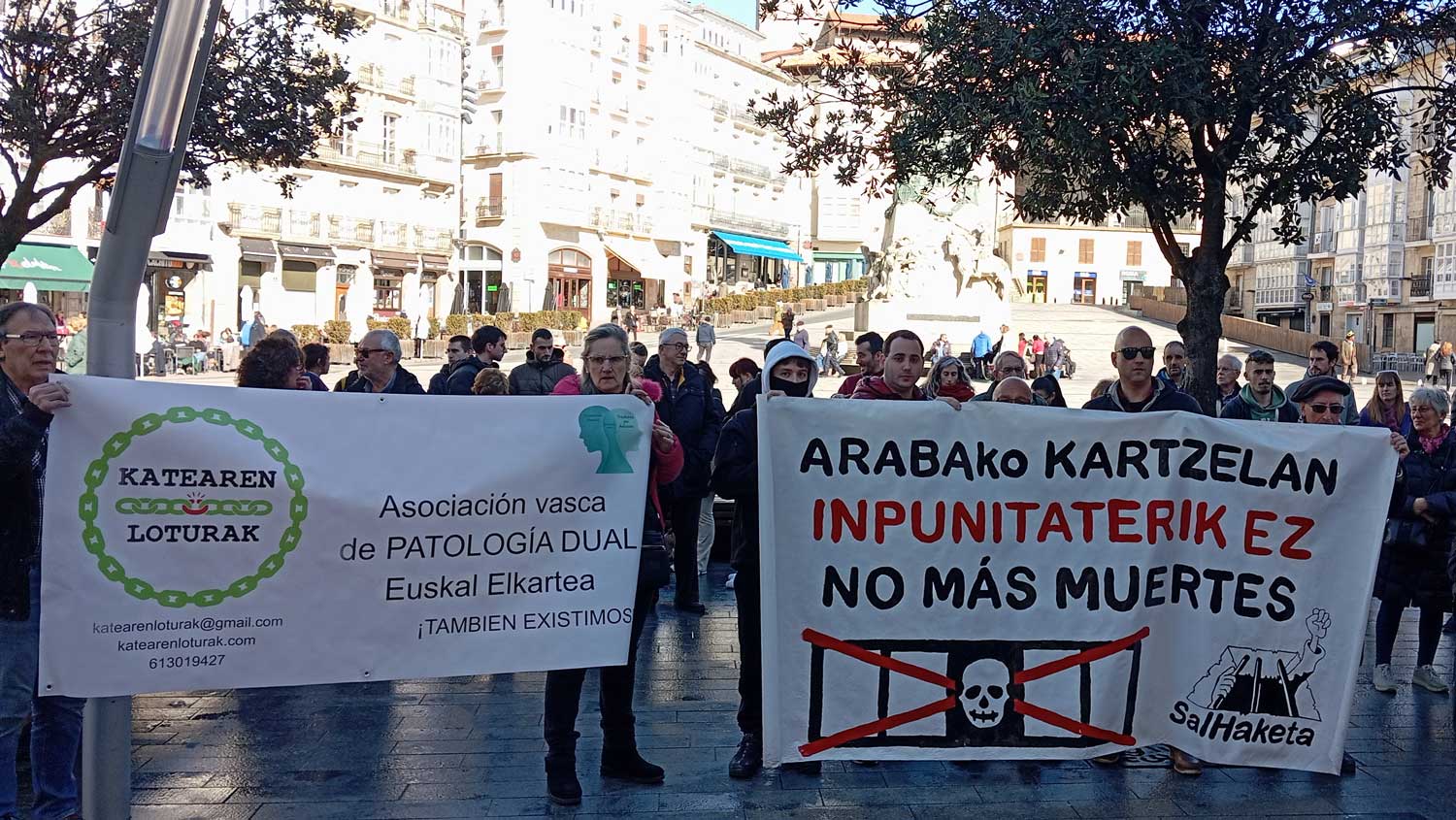The Spanish State eliminates the lack of financial aid granted to release from prison.
- According to Salhaketa, this aid was essential for prisoners to "have a minimum economic base" in order to have access to it "at the time of living in freedom". The grant was limited to EUR 480.

Since 1 November of this month, prisoners in the Spanish State have not been able to apply for the so-called Release Grant. In fact, on that day, Royal Decree 2/2024 entered into force, which removed the specific subsidy that people who have been in prison could apply for. The measure has been taken under the excuse of "simplifying and improving the level of attention to unemployment protection", as explained by the Salhaketa Prisoners Association.
The Ex-Prison Allowance will replace the current general Minimum Vital Income (IMI), which according to Salhaketa "translates into a change in the damage to both prisoners and their relatives and relatives", Salhaketa explained. "The new regulations, rather than improving the situation and correcting the shortcomings that exist, create a more harmful situation for prisoners," he summarised.
Basic aid
In order to apply for the aid, a number of conditions had to be met: having been in prison for at least six months, not yet having paid work and not receiving unemployment benefit. Thus, Salhaketa considered that the Release Grant was "essential" for the speakers to have "a minimum economic base" when they "went on to live in freedom".
The grant, amounting to EUR 480, pointed out that the Association for the Benefit of Prisoners of Catalonia had "serious limitations". For example, only persons on parole or on parole could apply, and those on third grade were excluded. In the case of migrants, only those who had already regularised their administrative situation could access this assistance, and those who had previously worked in prison could not request it.
Consequences of the new rules
As amended in November, the application and recovery periods of the DFB are extended in relation to the time limits for receipt of the old subsidy. The bureaucratic process of recovery of the PDO can be extended to nine months at the present time, when the Release Grant could be processed for around two months.
In addition, according to Salhaketa, there has been an increase in the bureaucracy involved in the processing of DGB in Spain. For example, a report from the fattening services is now called for to "justify the social exclusion situation" of prisoners living alone.
To put it mildly, the new BD regulation also affects the relatives of ex-prisoners. If a person leaves prison and is going to live with family members and one of them takes the BGD, the benefit is cut off for at least six months. The new legislation requires a family unit to be "composed" for at least six months, and when a "new" family member officially joins that unit, like a former prisoner, the computation of these six months starts from zero.
And, on the other hand, the new regulations leave out "people released from detention centers for minors and people leaving detoxification centers". They must comply with "normal conditions" for receiving Pwd.
Clamor for efficacy
Since Salhaketa, they have condemned the latest regulatory changes and have underlined the need to "articulate a rapid and effective economic benefit for all people who leave prison", without "more requirements than going to prison". The collective has called for a benefit "to help return to their liberty in better conditions" and to avoid "long waits, the bureaucratization of the circumstances [of prisoners] and the damage to their relatives".
“Saihestu egingo dira giza eskubideen, ordenamendu juridikoaren eta espetxeetako tratamendu psikosozialaren aurkako balioak eta jarrerak babestea, justifikatzea eta goratzea ekar dezaketen adierazpenak”, dio, besteak beste, agiriak. Azaroan Eusko Jaurlaritzako... [+]
34 edo 35 urteko gizonezkoa, gasteiztarra eta alaba baten aita, ostegunetik ostiraleko gauean hil zen, Salhaketak jakinarazi duenez. Elkarteak gogoratu du Jaurlaritzak espetxe eskumena hartu zuenetik hiltzen den bederatzigarren presoa dela, eta egiturazko aldaketak eskatu ditu... [+]
Alarma jo du, beste urte batez, OIP Presondegien Nazioarteko Behatokiak. Abenduaren lehenean marka berri bat hautsi zen frantses estatuan, 80.792 pertsona atxiloturekin. Espetxe-administrazioaren aitzinikuspenen arabera, gainera, 86.000 baino gehiago izan litezke 2027an egungo... [+]





















